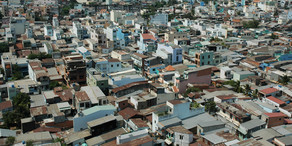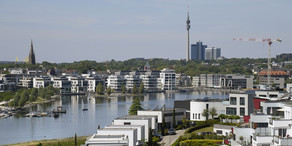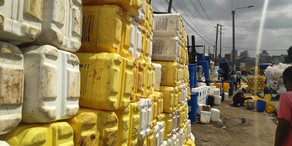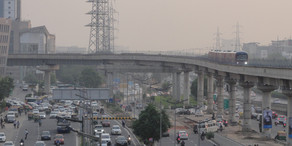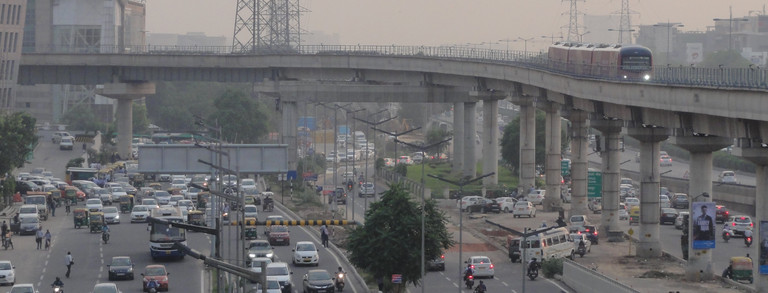Research news and events
New article by Raffael Beier
- Archiv
- Forschung
- Fachgebiet
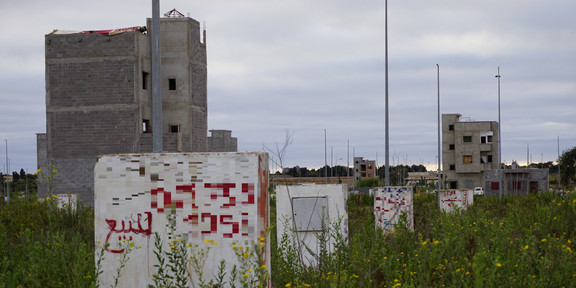
Article
'The End of Inclusive Resettlement: Experiencing Unaffordability within State Housing Programmes in Salé, Morocco'.
The article published in Urban Forum takes a critical look at the Moroccan ‘Villes Sans Bidonville’ programme.
Keywords
Displacement/ Affordable housing/ Resettlement/ Housing pathways/ Informality/ Slums
Author
Abstract
Since the early 2000s, Morocco’s government is running the Villes Sans Bidonville programme (VSBP) as a literal reference to international policy claims for Cities Without Slums. Initially and in contrast to past, unsuccessful attempts to eradicate the country’s bidonvilles, more inclusive resettlement schemes – participatory and affordable for all – should help to avoid that residents resell resettlement housing and move back to bidonvilles. However, this article shows that with the advancement of VSBP, more recent resettlement has become authoritarian, exclusionary, and unaffordable again. Large numbers of low-income households of one of Rabat/Salé’s last bidonvilles are effectively excluded from accessing resettlement housing, because they cannot afford the construction of a house on their assigned resettlement plot. For many, reselling their plot is the only option to access alternative housing after displacement. Building on narrative and biographic interviews with displaced former bidonville residents who are not living at the resettlement site, this article looks at how displaced bidonville dwellers cope with housing unaffordability. Where do people move why if affordable informal housing is demolished and state-subsidised alternatives are inaccessible? The results show how unaffordable resettlement schemes divide established bidonville communities, leaving the most vulnerable residents behind. Furthermore, they highlight people’s severe constraints, struggles, and uncertainties in seeking to achieve decent residential stability outside stressful rental accommodation.
Here you may find the full article in Urban Forum.



